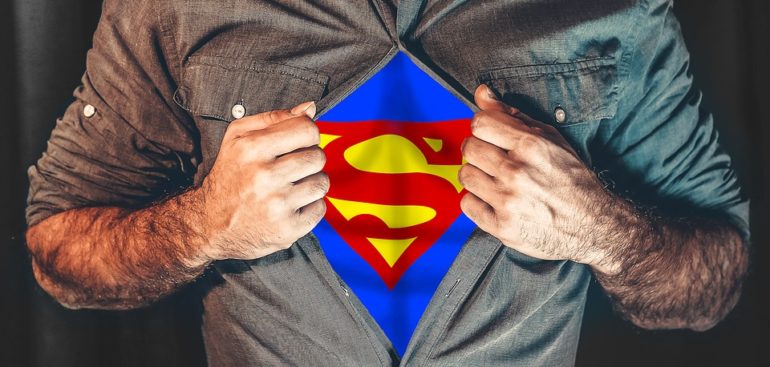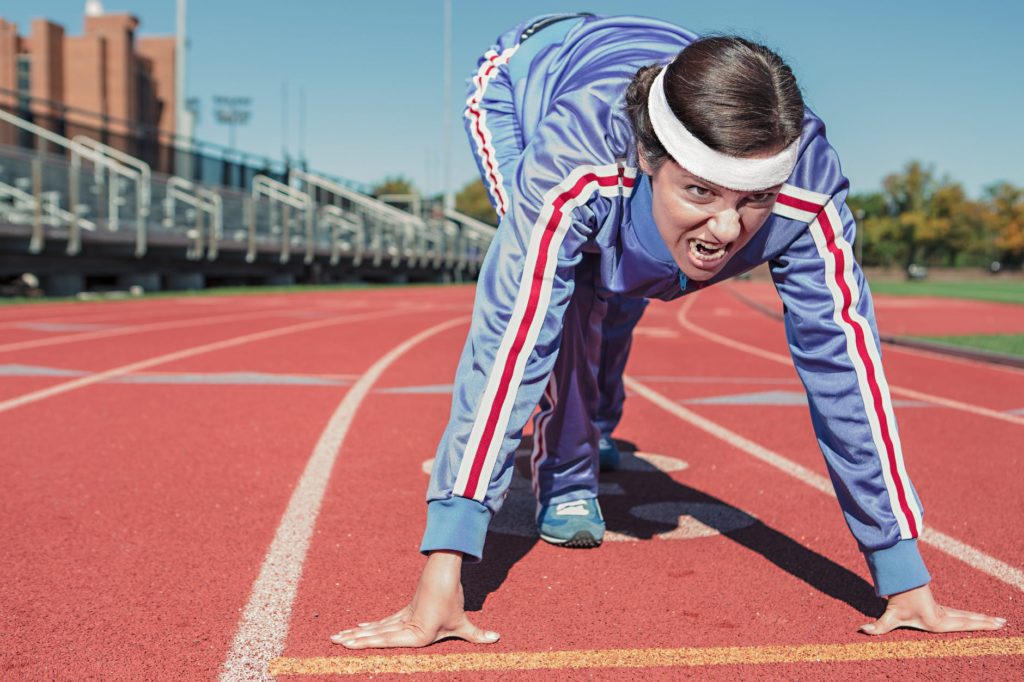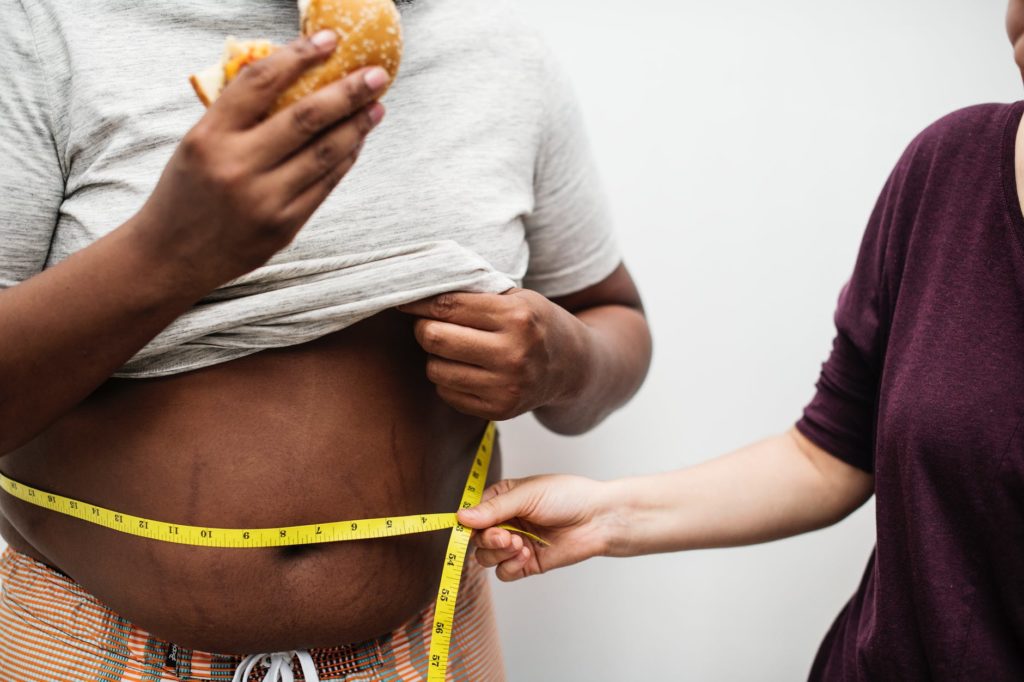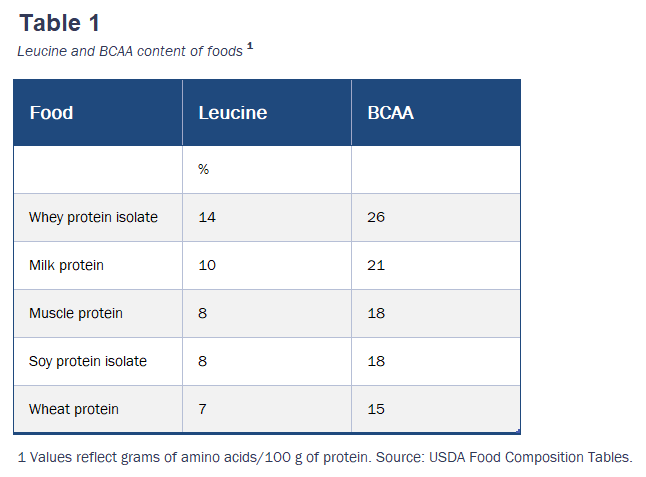Testosterone is the primary male hormone, however females have it in smaller amounts as well. It is highly equated with higher levels of muscle mass and strength.
It is responsible for increasing the rate of protein synthesis which builds muscle mass, strength and improves recovery. (1)
Note* Low testosterone is associated with low energy levels, decreased libido, poor concentration, and fatigue.
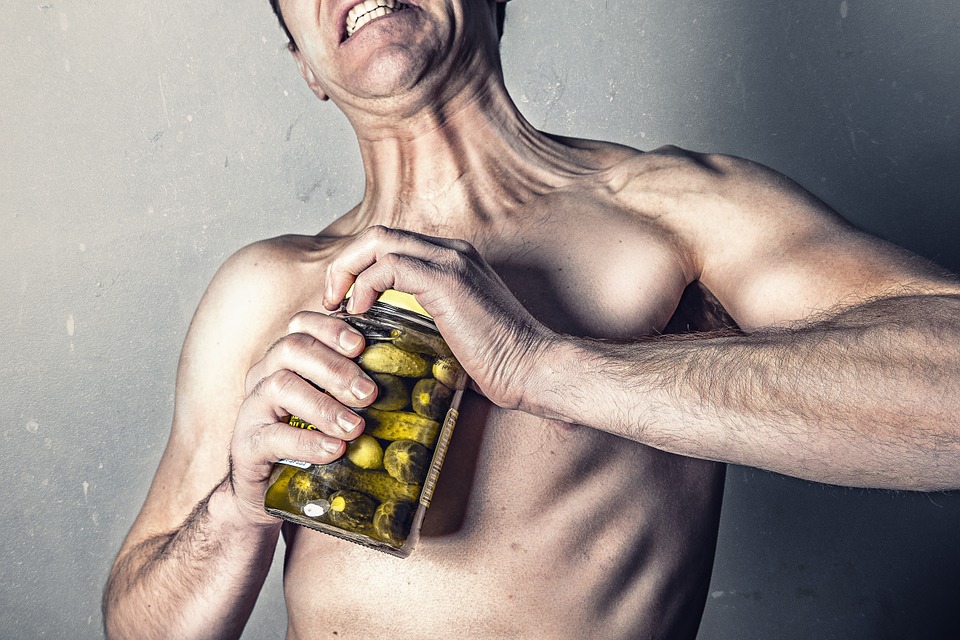
Now that we know higher levels can result in more glorious gains, what are some of the best ways to naturally increase testosterone?
Raising testosterone levels naturally can be quite a complex process and individual results will often vary.
The dominant male hormone is affected by various factors such as environment, nutrition, stress levels, genetics and so on. However, with the correct action steps you can definitely see improvements.

1.Take cold showers.
The practice of exposing the body to cold waters has been practiced for thousands of years across many different tribes and cultures.
Soviet powerlifters used to do it before a powerlifting meet, the Finns would jump in a cold icy lake immediately after a steaming hot sauna and in the Victorian era, cold baths were frequently prescribed as treatment for various causes.
There must be something to it, don’t it?
Although there is no clear clinical studies proving this theory as of yet, the fact that you are taking yourself out of your precious comfort zone daily will definitely increase your strength, spirits and testosterone levels as well.
Exposing yourself to “something that sucks” daily as David Goggins would say, is incredibly empowering making you an overall stronger human being.
2. Lift Heavy.
Quit bein’ a lil’ B**TCH!
First and foremost, exercise execution must be mastered before you go crazy with the weights.
Having said that, lifting heavy and getting stronger will yield you higher testosterone levels, more muscle and strength as well.
When I say lift heavy weights I mean through squats, deadlifts, overhead press and bench press, not on bicep curls or lateral raises.
In other words, heavy compound lifts not isolation exercises.
By doing a heavy exercise that requires essentially your entire body to work in coordination to make the lift will signal a spike in hormones for help.
Keep in mind not to overdo it and use heavy weights as part of an intelligently calculated program to avoid burning out or possible injuries.
Exercise execution must be learned first, prior to increasing intensity for optimal results.

3. Fix your diet.
If you want to optimize muscle growth then you definitely want to consistently consume adequate amounts of fats as well as protein.
Fats play a significant role in optimal hormone function.
Cholesterol is the foundation of testosterone. Eliminating saturated fats completely from your diet will cause testosterone levels to drop.
Keep in mind though, as with everything else eat fats in moderation.
Note* Many studies shows that there is no relation between cholesterol intake and heart attack as doctors once believed (some still do).
Also, completely eliminate sugar and keep carbohydrate intake low. This will reduce total body inflammation, drop body fat and leave more room for eating fats instead.
Bottom line: Your body requires fats for optimal testosterone levels. Eat a mix polyunsaturated, monounsaturated and saturated fats.
- Avoid hydrogenated or semi hydrogenated oils at all costs.These are the “bad” saturated fats that clog your arteries.
- Eat red meat in moderation and preferably grass-fed organic. Beef naturally contains a ton of nutrients including zinc and creatine which help with testosterone production, muscle gain and strength.
- Steak, grass fed butter, eggs, salmon and brazil nuts are a great source of healthy fats.

4. Avoid alcohol.
Couple beers once in a while won’t negatively impact your testosterone a great deal.
However, habitual drinking is linked to decreased testosterone levels while increasing estrogen levels.
This negatively impacts your body composition; more fat gain (particularly around the lower back and belly) while decreasing muscle mass and strength.
Since alcohol is a toxic compound, once ingested the body’s primary focus will be to metabolize and eliminate it as quickly as possible.
This taxes your central nervous system, negatively impacting workout recovery.
Furthermore, it contains empty calories and possibly throwing you into caloric surplus resulting in unnecessary weight gain.
5. Stop fapping, bro.
Masturbation is one of the most damaging acts that the majority of males in today’s world practice.
Sexual energy is the most powerful energy we possess.
It provides us with great energy and strength to take action and conquer whatever it is that we’re after.
Unnecessarily busting your load whenever you got a free minute or you’re ‘just bored’ literally wastes your most powerful source of energy you have.
Not only does it ruin your psyche through delusional sexual interpretations, it also robs you of your personal power to achieve anything worthwhile in life.
Countless top athletes and gold medalists practice abstinence weeks and months prior to the big day to preserve their energy and ensure they bring their best self.
Quit fapping and experience the incredible untapped energy you didn’t know you have.
It will increase your testosterone, aggression, masculine energy, vitality, overall presence and give you the energy to attack your fears, goals and dreams.
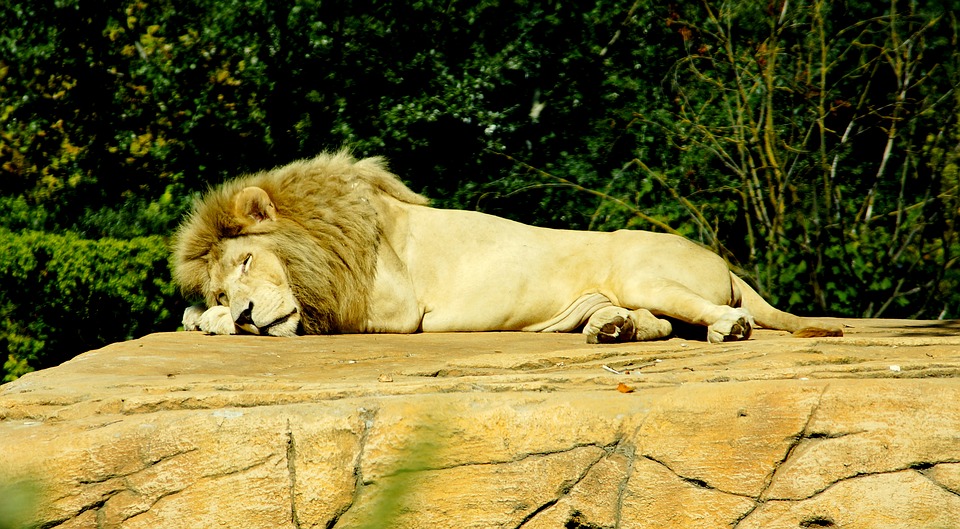
6. Get more quality sleep, regularly.
Like the ying and yang, our body alternates between two phases: catabolic and anabolic.
The more energy we spend to be productive and get sh*t done, we more quality rest we need to recuperate.
An imbalance in either one will create an imbalance in hormones, health and overall well being.
A study done on young men (average age – 24 y/o) reported 15% decrease in testosterone levels from only 1 week of inadequate sleep (5 hours per night). (2)
So if you’re part of the “I’ll sleep when I’m dead” crew you might want to switch sides.
Best scenario would be to live in harmony with the circadian rhythm; go to bed early and wake up at sunrise – like the Primal Man.
Bottom line: Train/work hard during the day and get 7-8 hours of deep quality sleep at night for optimal recovery, healthy testosterone levels and more gains.

7. Try these natural supplements.
I left supplements to the last point because it would be the last of the action steps.
Once diet and training is in check and you’re actively challenging yourself daily, now it’s a good time to add some supplements for an extra testosterone boost.
Truth is that supplements in this category are a hit or miss and results are often individually dependent.
However, the most promising ones on the market today are:
- Mushrooms containing cordyceps or just the extracted form
- Tribulus terrestris
- Ginseng
- Fenugreek
- Maca Root
- Ashwagandha (drastically decreases cortisol levels as well)
You can try one or a combination of them and see what works best for you. If you are unsure and need more information, consult with your doctor before supplementing.
Note* If you lead an unhealthy lifestyle with lack of exercise, poor nutrition, alcohol consumption and lack of sleep, hoping to pop a few pills and magically increase your test – not happening.
These supplements are not a substitute for healthy eating, daily exercise, high water intake and quality sleep.
Final Points
- Avoid Estrogenic foods (soy, plastics, pesticides, etc.)
- Keep stress low (dump your naggy girlfriend)
- Avoid processed foods – eat single ingredient whole foods instead
- Limit stimulants
- Supplement Vitamin D, Zinc and Magnesium
- Maintain your gut health
- Fast regularly – Intermittent fasting

